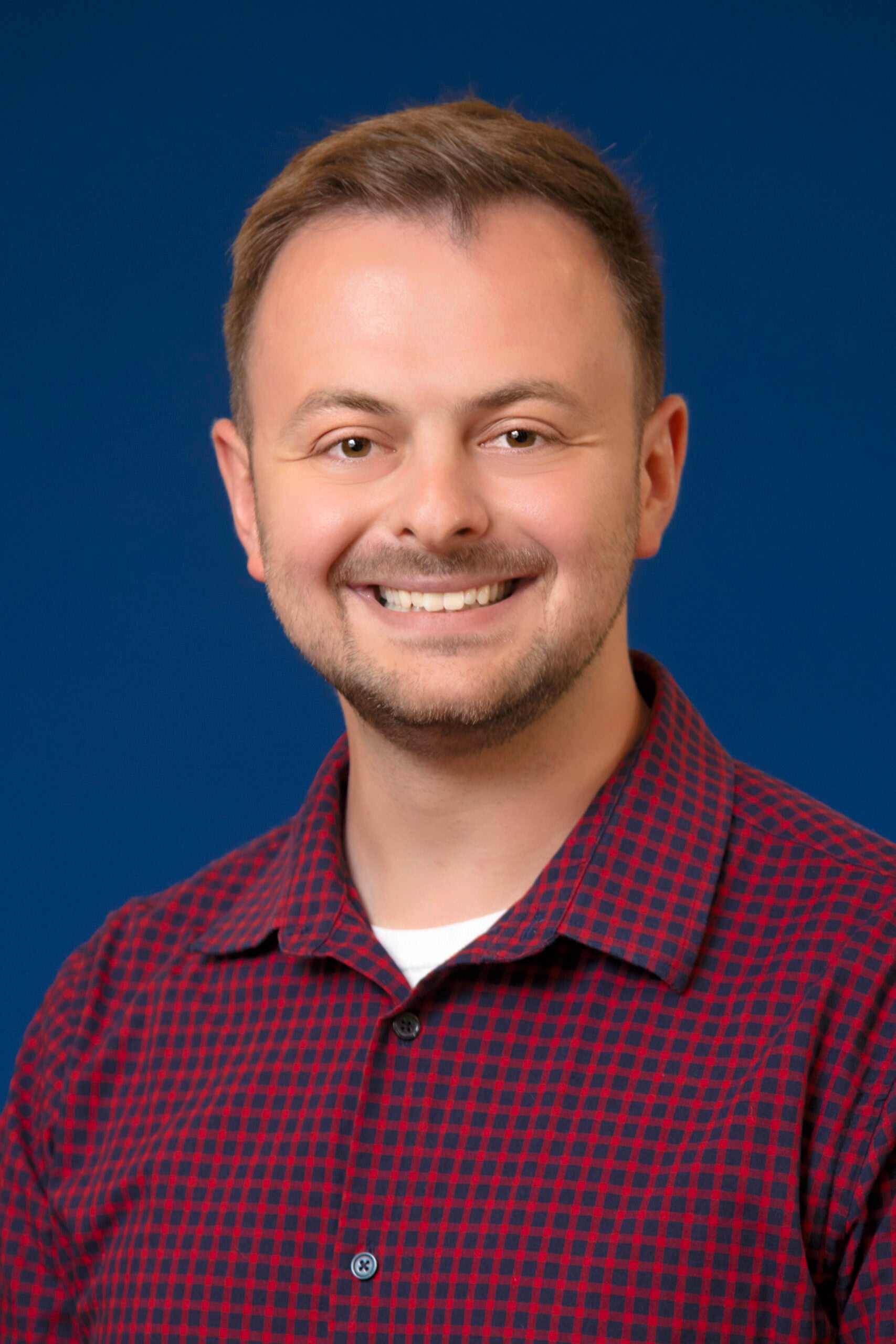Assistant Professor David Geyer’s paper on parents of children with complex medical conditions named ‘President’s Choice’ by Journal of Pediatric Health Care
A URI College of Nursing professor’s study exploring the challenges of caring for children with complex medical conditions at home was recently published in the national Journal of Pediatric Health Care, and named a “President’s Choice”article by the publication.
Assistant Professor David Geyer’s paper, “A Qualitative Descriptive Study Exploring the Systemic Challenges of Caring for Children with Medical Complexity at Home,” was published in the January/February issue of the journal. The president of the National Association of Pediatric Nurse Practitioners highlighted the research as representative of NAPNAP’s mission and which best illustrates “the integration of research and scholarship into practice to improve outcomes.”
Geyer interviewed 11 parental caregivers of children with complex medical conditions, defined as young patients with chronic comorbidities that limit functionality, require the use of medical equipment such as a ventilator, and require high levels of coordinated care. Affecting about 2 percent of all children in the country, most children with such long-term conditions are treated in the home, often placing the responsibility of care largely on parents’ shoulders.
Geyer’s interviews with parental caregivers in Massachusetts revealed that parents are often left unprepared to provide care, causing emotional distress, and often face unanticipated obstacles and challenges as a child’s condition grows more complex. These challenges are unrelenting and continue to grow beyond the transition from hospital to home, often causing severe stress and negative health-related quality of life. The initial training parents receive when leaving the hospital needs to be improved, and parents require continuing support to care for their child’s changing conditions, as well as their own well-being.
“Navigating a variety of complex systemic challenges with minimal preparation or support contributes to an overall feeling of parental caregiver burnout,” Geyer wrote. “Additionally, mental health supports for parental caregivers are lacking, further exacerbating the negative impact of these challenges. Future work should focus on research, advocacy, and system reform that ensures parental caregivers receive necessary support to care for children within a sustainable and supportive home care model. Nurses across the profession are in a unique position to facilitate this change.”
Geyer said he was thrilled to be honored by the journal, but that he’s more gratified that the challenges parental caregivers face are receiving the exposure they need in order for reforms to take place.
“So often, systemic challenges encountered by families of children with medical complexity go unrecognized and unresolved by healthcare providers, school systems, policymakers, and society at large,” Geyer said. “The more opportunities we have to shed light and raise awareness about these very real challenges, the closer we get to developing solutions for a very broken system.”

